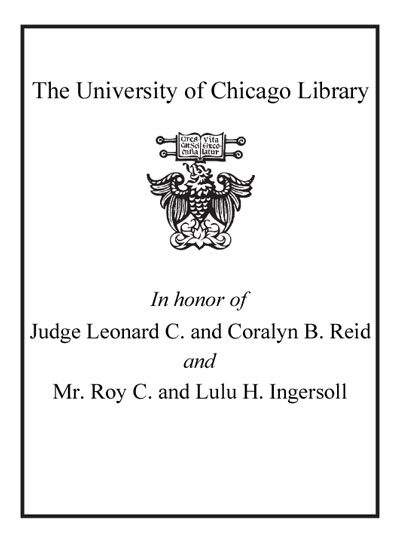How political parties respond : interest aggregation revisited /
Saved in:
| Imprint: | London ; New York : Routledge, 2004. |
|---|---|
| Description: | viii, 271 p. : ill. ; 25 cm. |
| Language: | English |
| Series: | Routledge research in comparative politics ; 9 |
| Subject: | |
| Format: | Print Book |
| URL for this record: | http://pi.lib.uchicago.edu/1001/cat/bib/5571437 |
Table of Contents:
- 1. Do Parties Respond to Voters? Challenges to Political Parties and their Consequences
- 2. Speaking for Whom? From 'Old' to 'New' Labour
- 3. From Disaster to Landslide: The Case of the British Labour Party
- 4. From People's Movements to Electoral Machines? Interest Aggregation and the Social Democratic Parties of Scandinavia
- 5. From Aggregation to Cartel? The Danish Case
- 6. How Parties in Government Respond: Distributive Policy in Post-Wall Berlin
- 7. Reaggregating Interests? How the Break-Up of the Union for French Democracy has Changed the Response of the French Moderate Right
- 8. Radicals, Technocrats and Traditionalists: Interest Aggregation in Two Povincial Social Democratic Parties in Canada
- 9. Paying for Party Response: Parties of the Centre-Right in Postwar Italy
- 10. Latecomers but 'Early-Adapters': The Adaptation and Response of Spanish Parties to Social Changes
- 11. Representative Rule or the Rule of Representations: The Case of Russian Political Parties
- 12. Five Variations On A Theme: Interest Aggregation By Party Today

